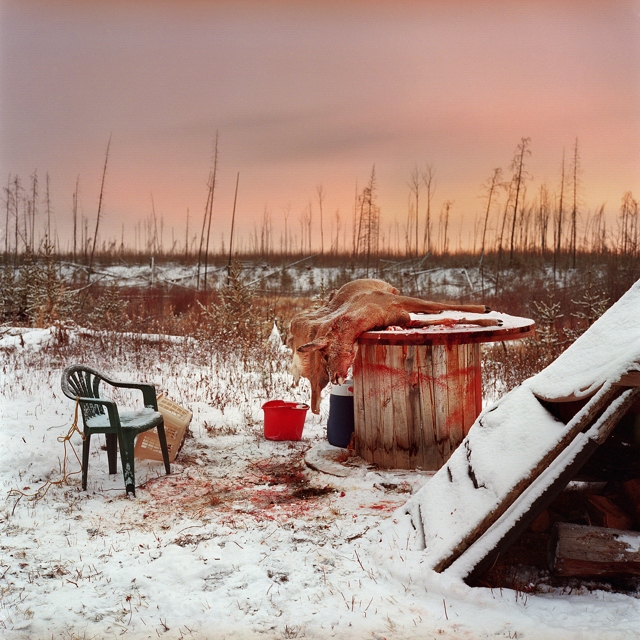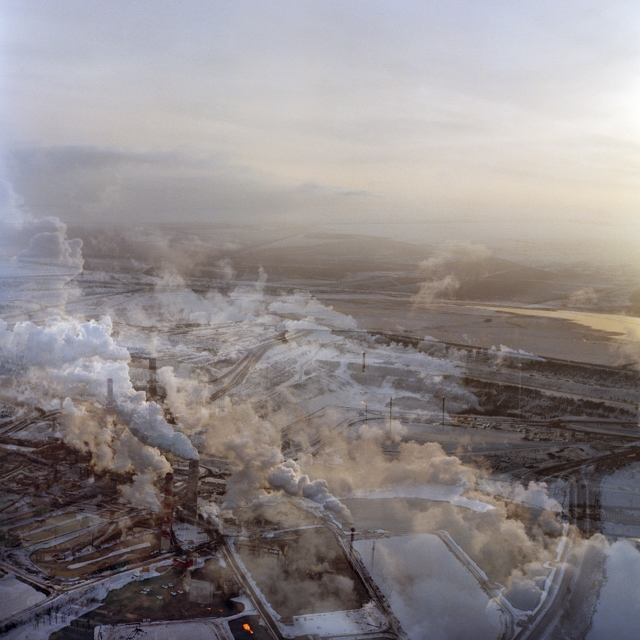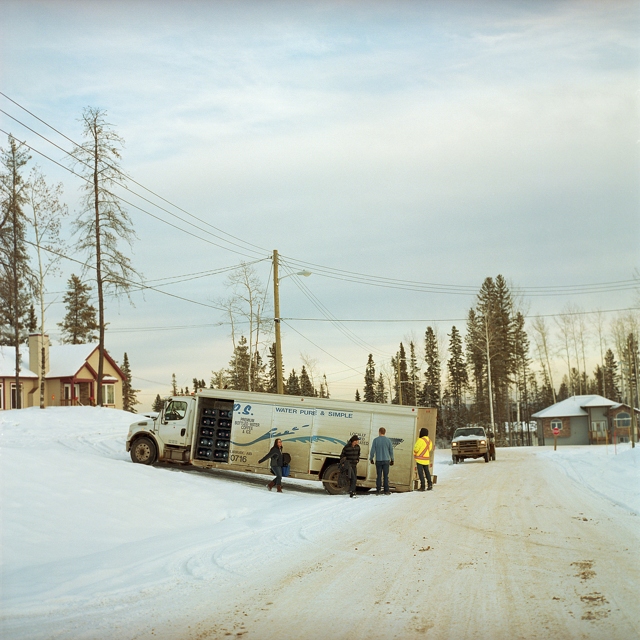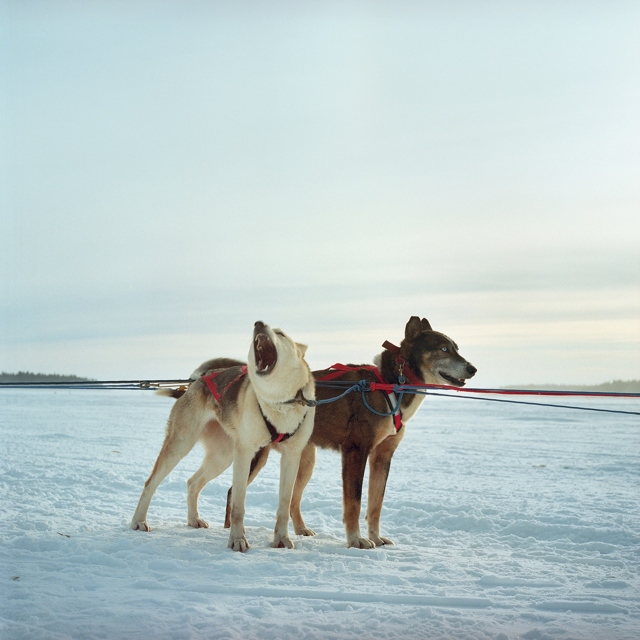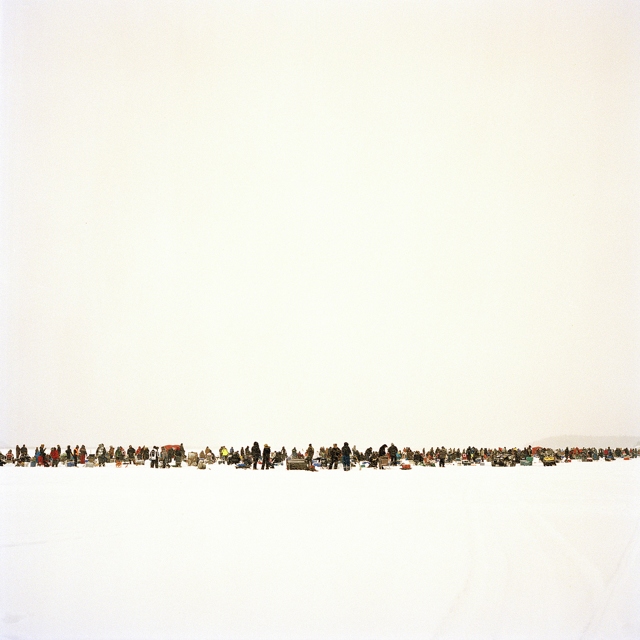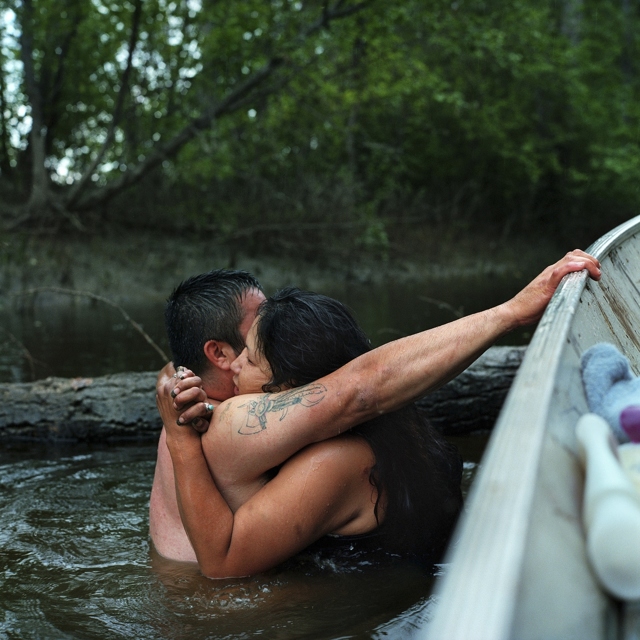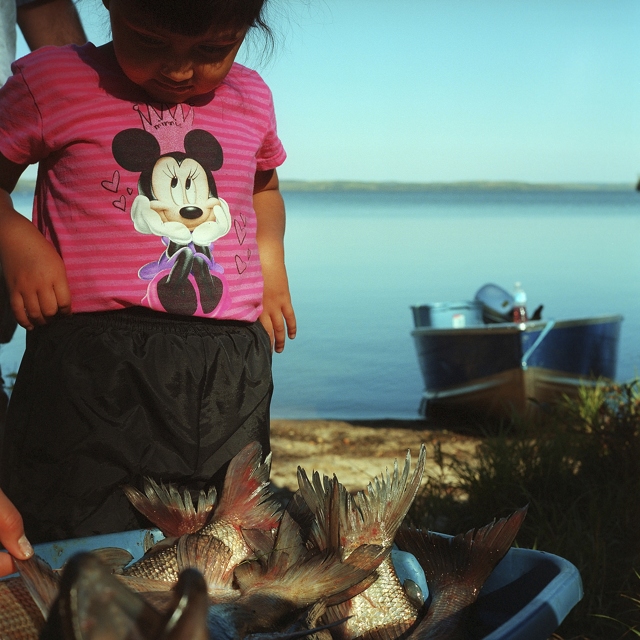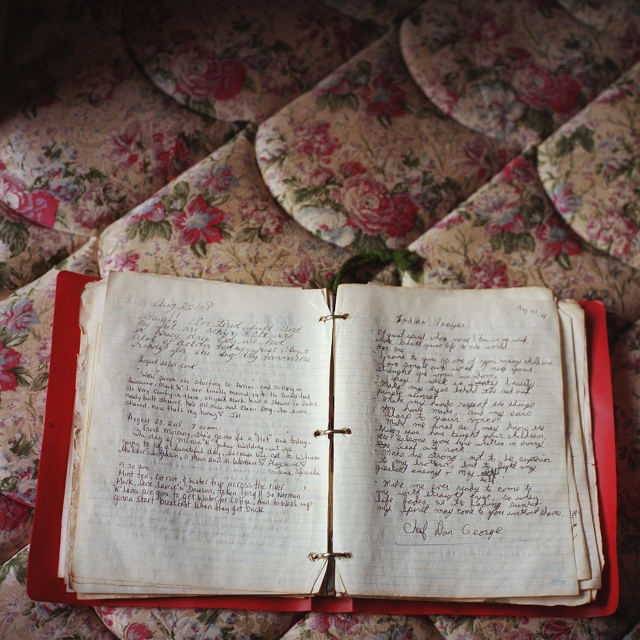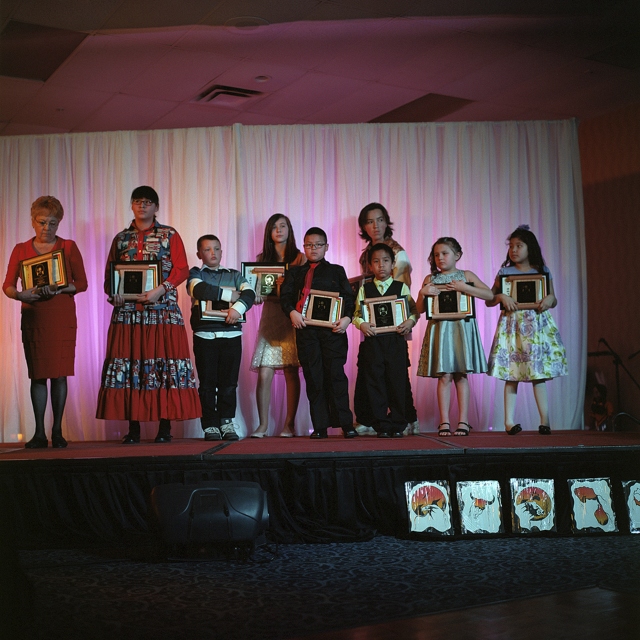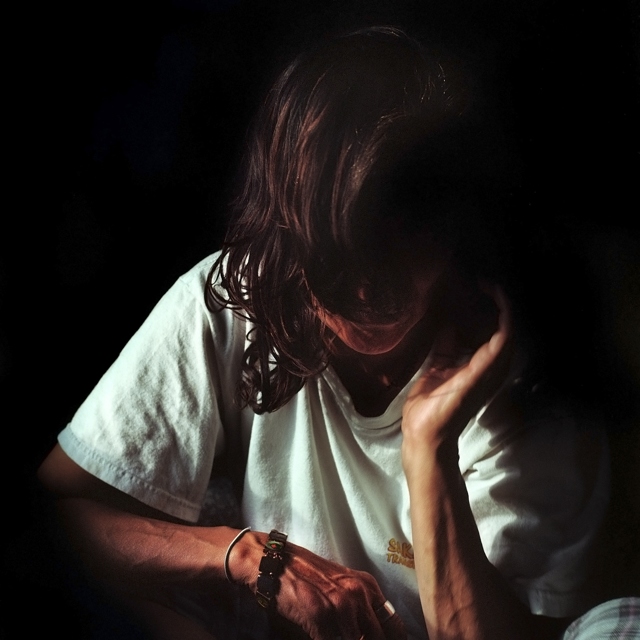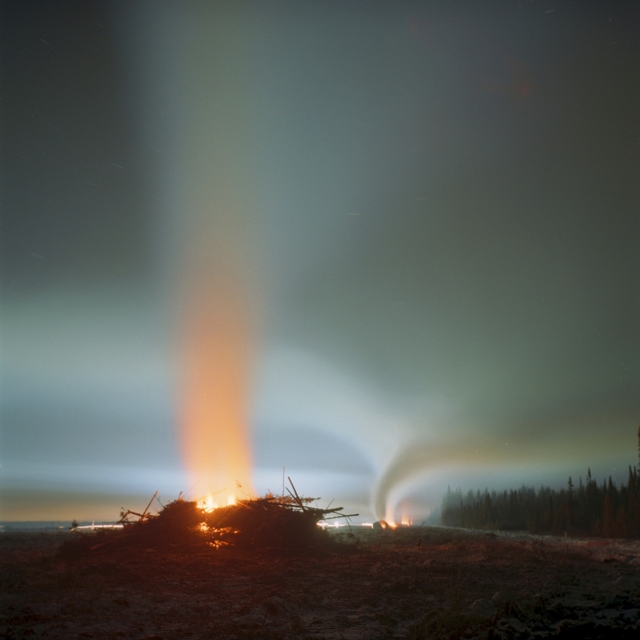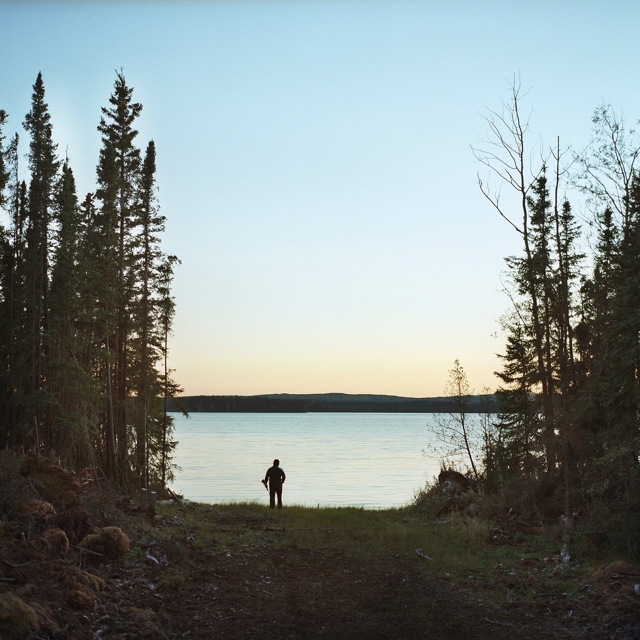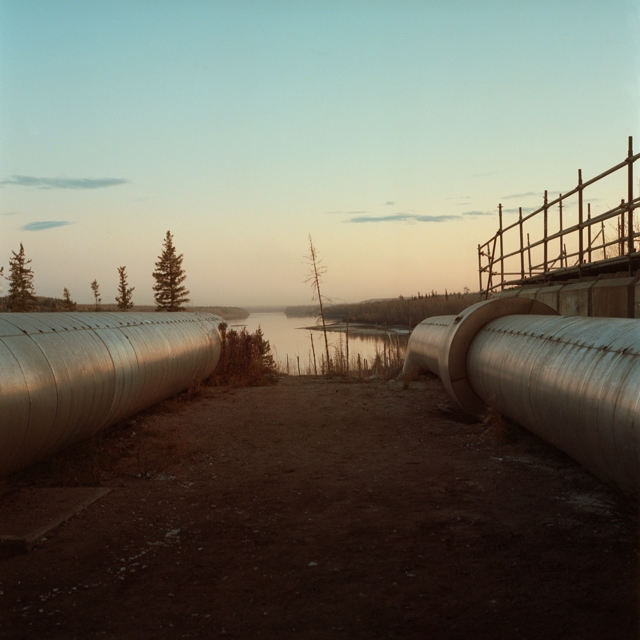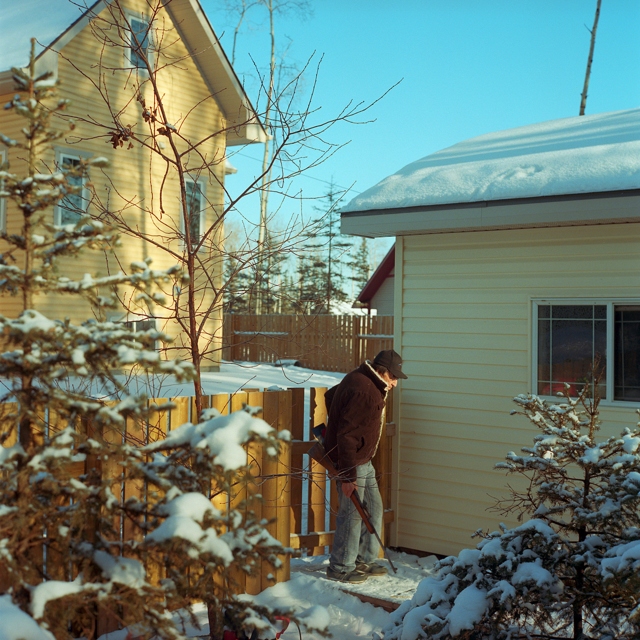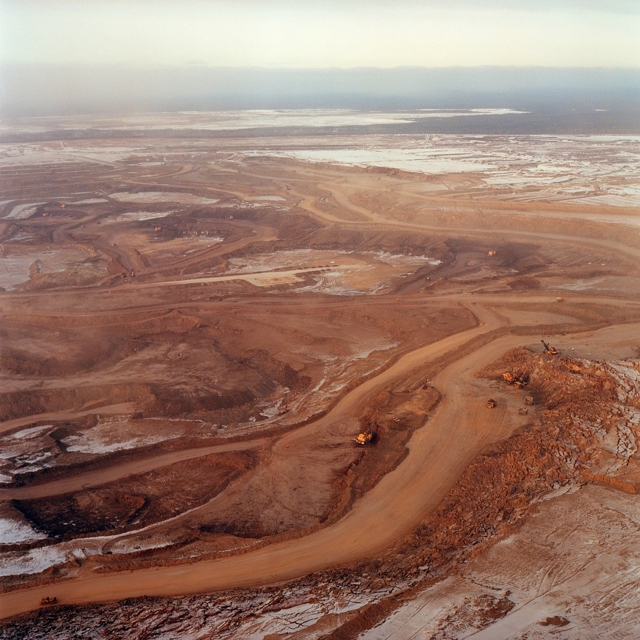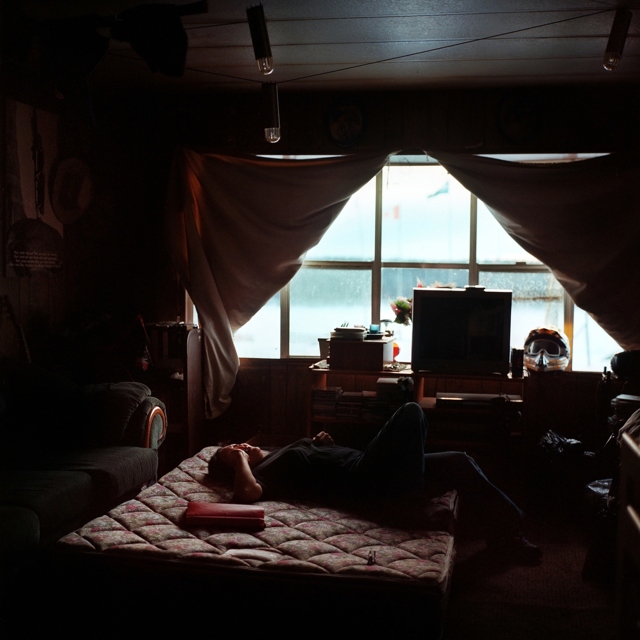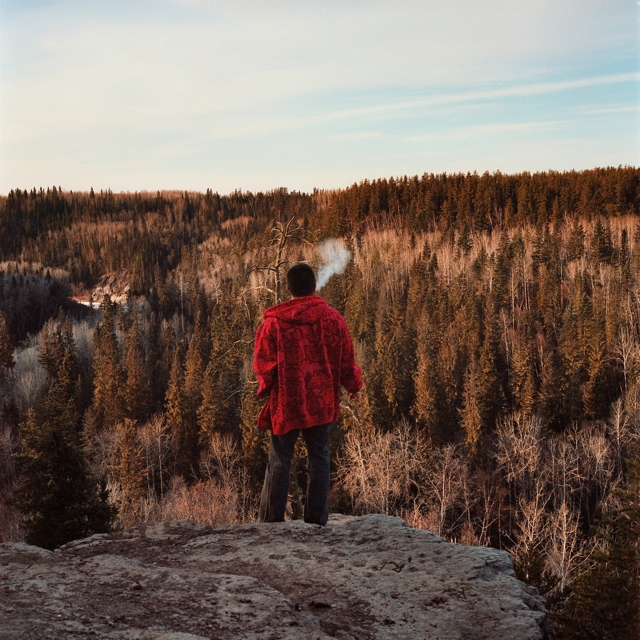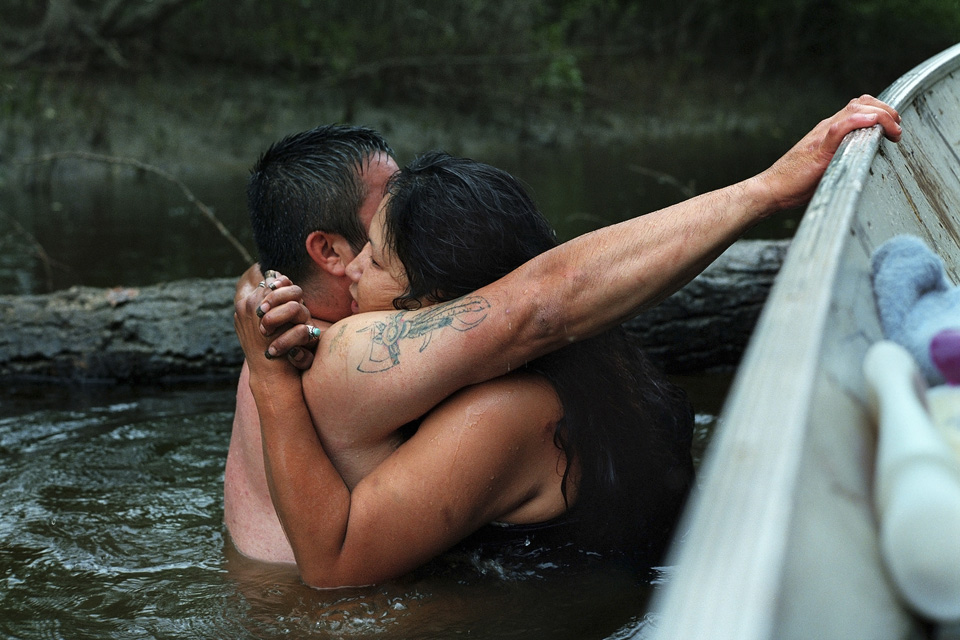
Dealing With The Devil: The Life of Canadian Indians in The Project of Aaron Vincent Elkaim

Elkaim is a documentary photographer from Toronto who earned the Daylight Photo Award. He done work for The New Yorker, TIME Magazine, The Wall Street Journal, The Globe and The New York Times. He has exhibited his works at the Voies-Off Recconteur de Arles festival in France, the New York Photo Festival in the U.S. and Fotografia in Italy. His favorite book is The Wayfinders by Wade Davis.
Idea
In 2011, I found out about the Aamjiwnaang First Nation Indian community in Sarnia, which is known as Canada’s Chemical Valley with 40% of our petrochemical industry based there. Aamjiwnaang is surrounded by over 60 refineries that have poisoned their land and rivers, impacting the community’s health. I was there for some time and then traveled north to become acquainted with another Indian tribe in Fort McKay.
The project “Deal with the Devil” is about the conflict between contemporary and traditional values against the background of a constantly changing world. I wanted to convey my feelings and the feelings of the natives, revealing the full beauty of these lands. A tie to one’s land is an important sign of a mature society. Urban dwellers often pay attention to how everyone around them is different. Canadian Indians, on the other hand, focus on what unites them. When they associate themselves with some kind of place, people want to defend it on a subconscious level.
You can’t say that our environment is the only thing that makes us who we are. But I believe places exist that are “anchors.” Being there, we begin to feel a tie to our past.
About symbolism
One night, I was having a beer with a Canadian Indian who worked his whole life for Suncor and other oil companies. He was already retired and talked about his work. When the discussion turned to how industry affects nature, he simply said it, “Sometimes you have to make a deal with the devil” and it just clicked for me. Before then, I didn’t really know how I was thinking about the story.
“A Deal with the Devil” is a powerful symbol that applies to eveyone on earth. We need a strong economy, and the one that promises to create new jobs always wins the most votes at elections. But on a global scale, capitalism is ruinous, which is confirmed by problems with the climate, oxidizing oceans, and excess consumption of natural resources. We love our planet, we know that we’re destroying it, but we continue to do it any way to support ourselves and our families.
I don’t want to want to pretend as if I know the answer to this question. I don’t know how Canadian Indians can defend their land. I am not convinced that they can stop what’s happening because the Canadian economy is oriented on natural resources and that won’t change. But I think they should have the right to determine their fate. They can try to cooperate with large producers to reduce their negative influence on the surrounding environment. I don’t know if it’ll work, but they should try.
We need to look at the world realistically. At the foundation of our economy lies consumerism and the desire to satisfy our egos, and not our true needs. That’s why I thought a long time about the name for the series. I know that it might sound judgmental, but that wasn’t my main goal. What was primary was to give back to the residents of these communities and their land.
About documentary photography
Photography is supposed to touch upon socialy important themes. People ought to think about what world they live in and not merely consume pop culture. Democracies can’t function without conscious citizens. Any attempt to change their thinking provokes strong resistence. But if you can raise awareness about something important in a truthful and sincere way, if you can make people feel and care, then maybe you can influence the way they think and act.
If you want to become a photographer, find something that you care about and explore it. Be interested in life not only pictures. Make what your care about your project, and shoot it until it’s exceptional. It might take you years, but it will define you and everything will grow from there.
New and best
